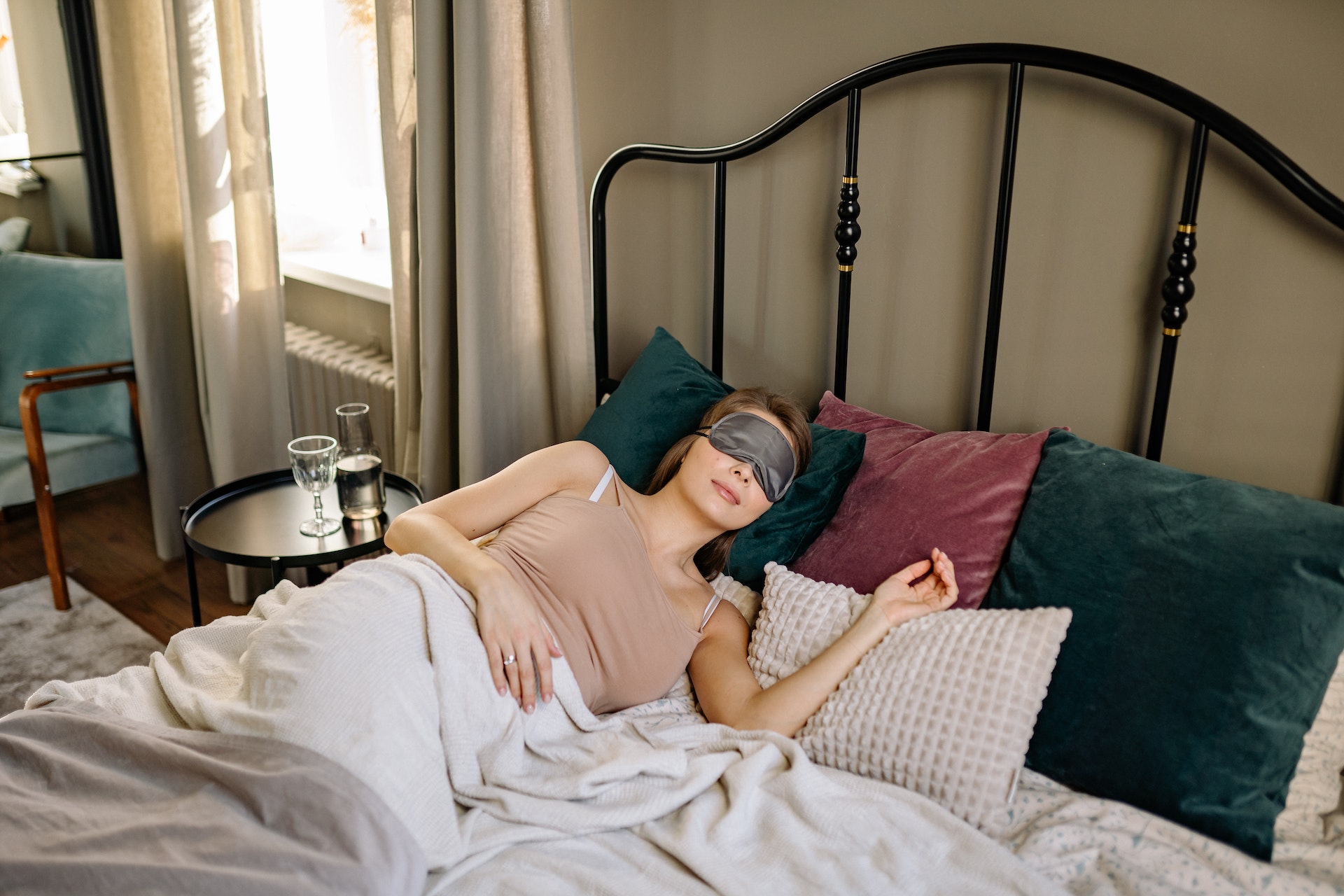How Exercise Can Improve Your Sleep Quality

Millions struggle with restless nights and groggy mornings. But what if the key to better sleep lies in something as simple as moving your body? That’s right—exercise can play a significant role in enhancing your sleep quality. From boosting mood to reducing anxiety, regular physical activity has far-reaching benefits that extend well beyond just feeling fit. Let’s dive into how incorporating exercise into your routine can transform those sleepless nights into peaceful slumber.
How Exercise Can Help Improve Sleep Quality
Exercise acts as a natural remedy for sleep issues. When you engage in physical activity, your body releases endorphins. These mood-boosting hormones can reduce stress and anxiety, two common culprits of sleeplessness.
Additionally, regular workouts help regulate your circadian rhythm. This internal clock dictates when you feel sleepy or alert throughout the day. By maintaining a consistent exercise routine, you signal to your body that it’s time to wind down at night.
Furthermore, physical exertion increases deep sleep phases. This restorative stage is crucial for muscle repair and overall recovery. The more quality deep sleep you achieve, the better you’ll feel during waking hours.
Exercising outdoors exposes you to natural light—another factor that plays into healthy sleep patterns. Sunlight helps regulate melatonin production, making it easier for you to fall asleep when nighttime comes around.
Types of Exercise to Try for Better Sleep
When it comes to improving sleep quality, not all exercises are created equal. Aerobic activities like running, swimming, or cycling can significantly enhance your overall rest. These get your heart rate up and boost endorphin levels.
Yoga is another excellent choice. It combines physical movement with deep breathing, promoting relaxation and stress reduction. Poses such as Child’s Pose or Legs-Up-the-Wall can be particularly soothing before bed.
Strength training also plays a role in better sleep hygiene. Lifting weights helps increase muscle mass and reduces anxiety levels, making it easier to drift off at night.
Don’t overlook low-impact exercises either. Gentle walking or tai chi can ease tension without overstimulating the body right before bedtime.
Experiment with these types of exercise to find what resonates best with you for optimal restfulness each night.
The Best Time to Exercise for Optimal Sleep Benefits
Timing your exercise can make a significant difference in how well you sleep. Research suggests that working out earlier in the day is often more beneficial for improving sleep quality. Morning or afternoon sessions can help regulate your body’s internal clock and boost overall energy levels.
On the other hand, some people find evening workouts work just as well. If this is you, try to wrap up your routine at least two to three hours before bedtime. This allows your body temperature and heart rate to return to normal, promoting better rest.
Listening to your body is key. Everyone’s schedule and preferences differ; pay attention to what feels best for you. Experiment with various times of day until you find the sweet spot that enhances both your workout performance and sleep quality.
Other Ways to Improve Your Sleep Habits
Creating a sleep-friendly environment can work wonders. Keep your bedroom dark and cool. Consider blackout curtains or an eye mask to block out light. A fan or air purifier can help maintain a comfortable temperature.
Establishing a bedtime routine is essential for winding down. Activities like reading, gentle stretching, or meditation signal your body that it’s time to rest.
Limiting screen time before bed also plays a crucial role in sleep quality. The blue light emitted by screens interferes with melatonin production, making it harder to fall asleep.
Mindful eating habits contribute too. Avoid heavy meals close to bedtime; instead, opt for lighter snacks if you’re hungry.
Managing stress through relaxation techniques such as deep breathing or journaling can significantly enhance your ability to drift off peacefully each night.
Tips for Incorporating Exercise into Your Daily Routine
Finding time to exercise can feel challenging, but small changes can make a big difference. Start by scheduling workouts like any important appointment. Block out time in your calendar and treat it as non-negotiable.
Consider incorporating movement into your daily activities. Take the stairs instead of the elevator or walk during lunch breaks. Every little bit counts.
Set achievable goals for yourself, whether it’s a 10-minute walk or a full workout session. Gradually increase intensity and duration as you build stamina.
Pair exercise with something enjoyable. Listen to music or an engaging podcast while you work out, making the experience more fun.
Enlist a workout buddy for motivation. Having someone to share the journey makes sticking to your routine easier and more enjoyable.
Conclusion: The Power of Exercise in Improving Your Quality of Sleep
Exercise holds a remarkable ability to transform not only our physical health but also the quality of our sleep. Regular activity can help reduce anxiety and stress, which are often significant barriers to restful slumber. By engaging in various forms of exercise, from brisk walking to yoga or strength training, you can find what feels right for your body.
Timing is crucial too. While some may prefer morning workouts, others might benefit from exercising later in the day. Experimentation will lead you to discover what works best for your sleep patterns.
Enhancing sleep habits goes beyond just movement. Creating a calming bedtime routine and optimizing your sleeping environment play essential roles as well. Incorporating these elements alongside regular exercise can amplify your results.
Making time for physical activity each day doesn’t have to be daunting either. Small adjustments like taking the stairs or going for short walks during breaks can seamlessly fit into even the busiest schedules.
Harnessing the power of exercise could very well hold the key to better nights filled with restorative rest and improved overall well-being. Embrace it wholeheartedly, and enjoy the journey towards more rejuvenating sleep experiences.









